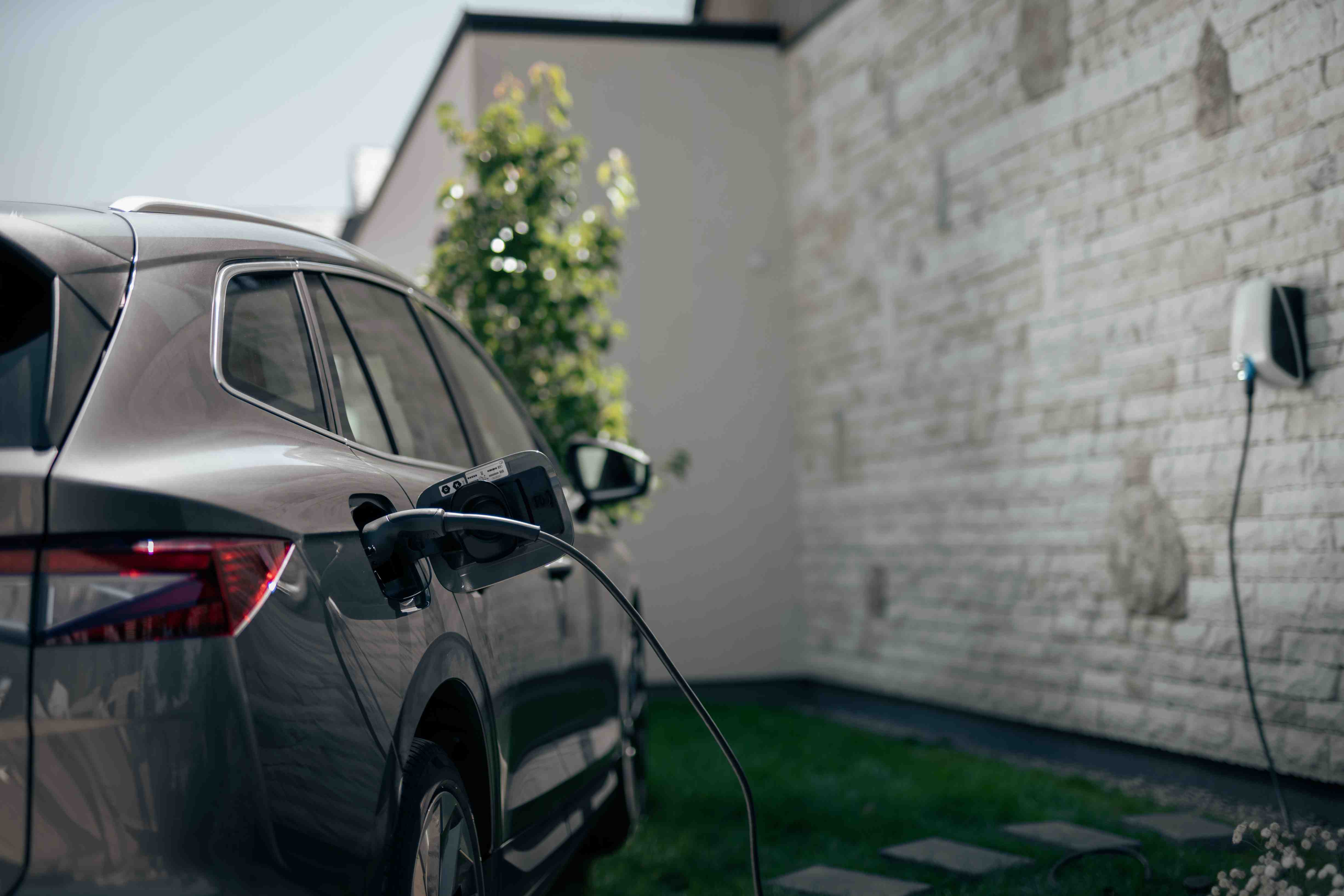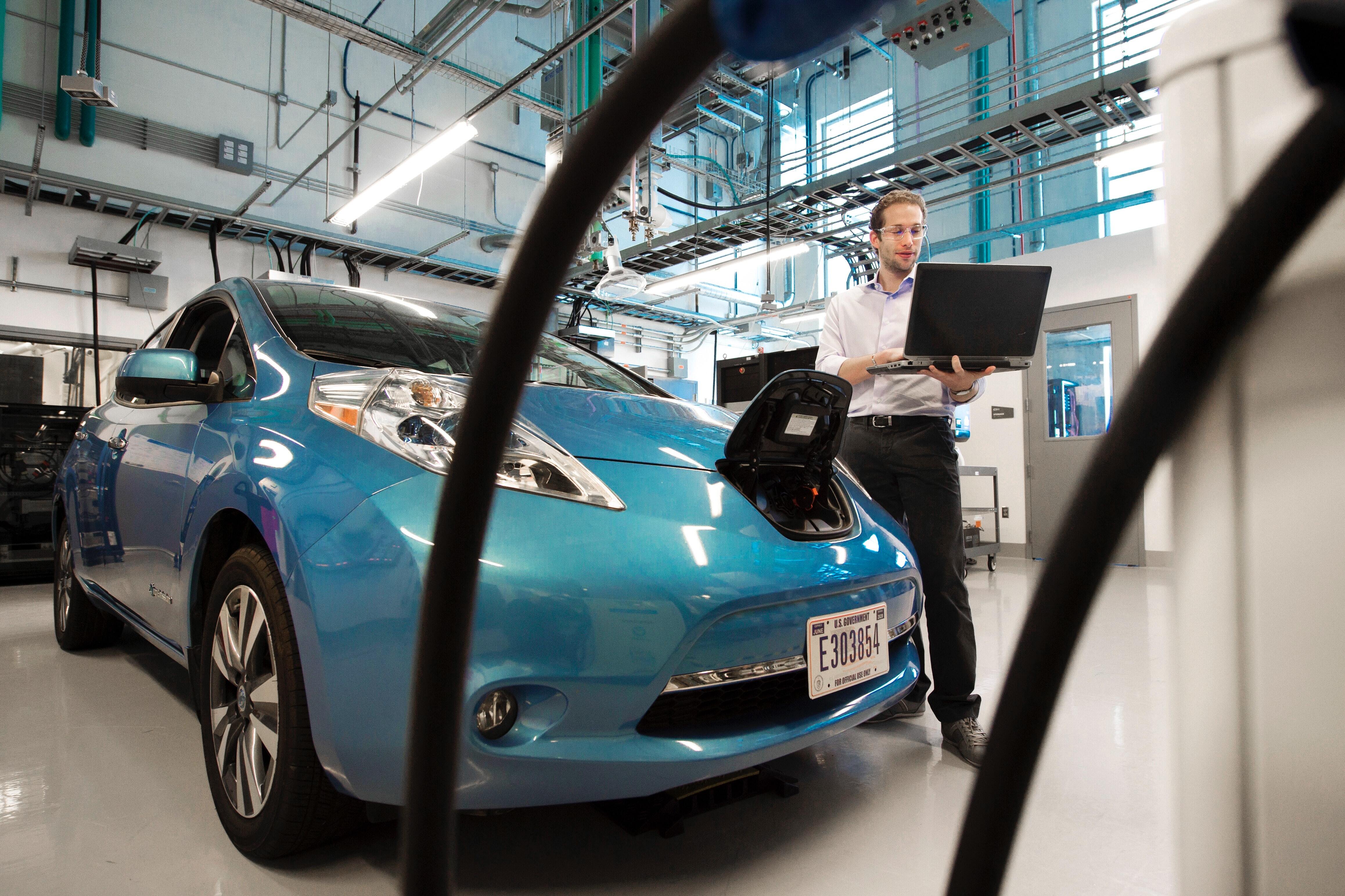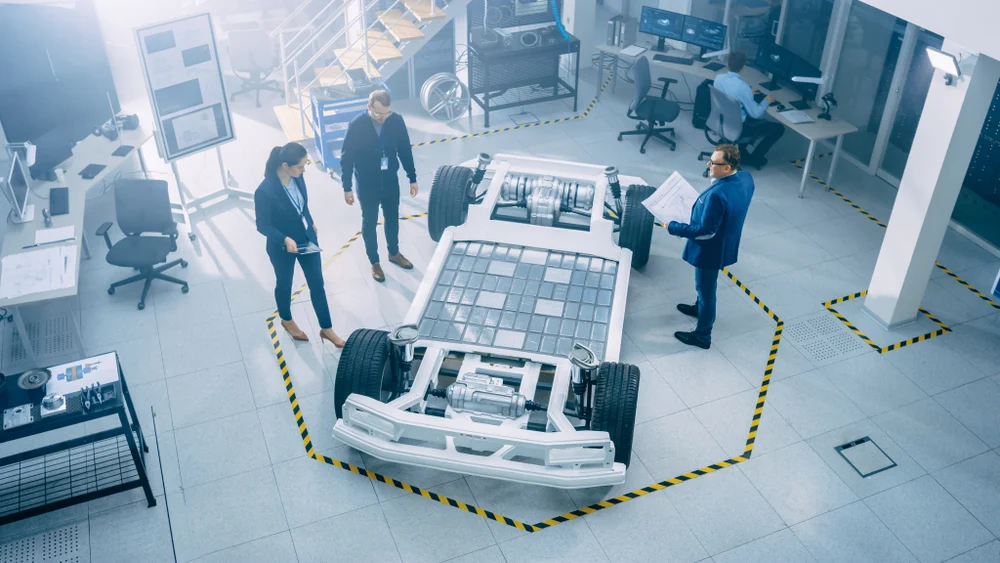Last updated on May 12, 2023 Most electric car batteries are expected to last between 15 to 20 years before needing replacement. Given that the average lifespan of a traditional vehicle is around 12 years, your EV battery is likely to outlive your car. This article will address common myths about EV battery life, explain how long they actually last, and provide tips for maximizing their longevity. It also highlights innovative second-life applications and discusses recyclability. Electric vehicles (EVs) are becoming increasingly popular worldwide. In 2022, global EV sales surpassed 10 million, and in the first quarter of 2023, over 2.3 million electric cars were sold, signaling continued growth. Despite this surge, many potential buyers still have concerns—especially regarding battery life. One of the top fears among drivers is that the battery will die or degrade too quickly, with 33% of potential EV drivers citing this as a major concern according to recent research. While these worries are understandable, especially when comparing EV batteries to the shorter lifespans of phone or laptop batteries, EV batteries are built to last much longer. They’re designed with advanced technology and protective systems to ensure durability. In fact, most EV batteries are expected to outlast the vehicle itself, and even then, they can be repurposed for other uses. This article explores the reality of EV battery life, dispels common myths, and offers practical advice on extending battery longevity. We all know how our phones or laptops lose power over time. After a few years, we notice that a single charge doesn’t last as long as it once did. It’s natural to worry that the same thing could happen with an EV battery. But unlike smaller electronics, EV batteries are built for long-term use and come with built-in systems to protect them from rapid degradation. This section will explain how EV batteries work, why they tend to last longer than you might expect, and what you can do to keep them in good condition for as long as possible. A typical EV battery consists of thousands of lithium-ion cells connected together into a single pack. These batteries are known for their high energy density, which allows them to store more power in a compact space. They're also more efficient and require less maintenance than other types of batteries. However, like all batteries, they do degrade over time. As the cells age, they hold less energy, leading to a gradual reduction in overall battery capacity. But compared to smaller devices, EV batteries are engineered to withstand more usage and are protected by systems that help maintain their performance. Phone and laptop batteries typically lose up to 20% of their capacity within a few years. EV batteries, on the other hand, are designed to last much longer. They don't need to be charged as frequently, and they include a battery management system (BMS) that helps prevent unnecessary wear and tear. For example, an EV may only need a charge once every few days, depending on driving habits. The BMS ensures that the battery is charged and discharged in a way that minimizes damage, helping it retain its capacity for a longer period. According to industry estimates, EV batteries are expected to last between 100,000 and 200,000 miles—or about 15 to 20 years. Even as they age, their large initial capacity means that the decline in performance is usually minimal and barely noticeable to most drivers. On average, EV batteries lose about 2.3% of their capacity each year. So, if you buy an EV with a 240 km (150 miles) range, after five years, you might only lose about 27 km (17 miles) of range. This is a very small percentage and doesn't significantly impact daily use. Looking at real-world examples, Nissan reports that almost all of its EV batteries from the past 12 years are still in use. Tesla, meanwhile, states that its vehicles can last up to 200,000 miles in the U.S. and 150,000 miles in the EU. These numbers far exceed the average lifespan of a traditional car, which is around 12 years. Additionally, most EV manufacturers offer 8–10 year warranties on their battery packs, giving drivers added peace of mind in case of unexpected failures. Lithium-ion battery technology has made great strides over the past few decades, resulting in longer-lasting, safer, and more affordable batteries. However, proper care is essential to maximize their lifespan. Here are some best practices to help you extend your EV battery’s life. Charging your EV every night, even just partially, adds stress to the battery over time. To preserve its health, try to charge only when necessary and avoid plugging in immediately upon returning home. This simple habit can significantly extend the battery’s lifespan. Fully charging your EV to 100% or letting it drop to 0% regularly can accelerate battery degradation. Staying between 20% and 80% charge helps maintain the battery’s overall health. Most modern EVs also allow you to set a maximum charge limit, which is a useful feature for preserving battery life. If you plan to leave your EV parked for an extended period, it’s best to keep the battery between 25% and 75%. Fully charged or completely empty batteries can degrade faster during storage. Some smart charging stations can automatically manage this for you, ensuring your battery stays in the ideal range. The battery is the most expensive component of any electric vehicle, typically costing between $10,000 and $12,000. According to the International Energy Agency (IEA), this translates to about $150 per kWh. The cost is largely driven by the materials used in the battery, many of which are rare or difficult to source. However, battery prices have dropped significantly over the past decade due to technological advancements and increased production efficiency. For instance, the cost of manufacturing battery packs has decreased from over 30% of total battery cost a decade ago to about 20% today. In 2022, cell production costs rose slightly due to higher material and electricity prices. However, analysts predict that battery prices will begin to fall again in 2024 as more lithium extraction and refining capacity comes online. By 2026, average pack prices are expected to drop below $100/kWh, making EVs more affordable for a wider audience. When an EV battery reaches the end of its life, what happens next? This is a growing concern for many, especially as the number of EVs on the road increases. While recycling is often seen as the primary solution, many EV batteries can be reused for other purposes before being recycled, thanks to their high capacity and fast charging capabilities. One of the most promising second-life applications for old EV batteries is energy storage. They can be used to store electricity for homes, businesses, or even the power grid. This helps balance renewable energy sources like solar and wind, which are intermittent by nature. For example, the Mobility House has already implemented a bidirectional smart charging system using old Nissan Leaf battery packs to stabilize electricity demand at the Johan Cruijff ArenA in Amsterdam. This shows how even used batteries can find new purpose and reduce environmental impact. After serving multiple purposes, some batteries may no longer be functional. At that point, recycling becomes necessary. Although recycling lithium-ion batteries is complex, growing demand for raw materials is driving innovation in recycling technologies. Some methods now allow up to 95% of the materials to be recovered, making recycling both economically and environmentally beneficial. Battery lifespan is one of the main considerations for anyone thinking about switching to an electric vehicle, given the significant investment involved. However, modern EV batteries are designed with longevity in mind and are expected to outlast the vehicle itself. If you're considering making the switch to electric mobility, you may have many questions about EVs and charging. Check out our detailed EV charging guide to learn everything you need to know about charging your electric vehicle efficiently and effectively.  Subscribe to our newsletter: The Current for exclusive insights on all things electric mobility, right to your inbox.  Bottle Cap Press Machine,Cap Making Machine Price,Metal Caps Production Lines,Aluminium Bottle Cap Making Machine Zhoushan Golden Wing Machinery Co., Ltd. , https://www.goldenwingmachines.com
Electric Car Battery Life Is More Resilient Than You Think

Battery Life of Electric Cars: The Misplaced Fear

What Are Electric Car Batteries Made Of?
EV Battery vs Phone Battery

EV Battery Life: How Long Do They Last?

How to Extend the Battery Life of Your Electric Car
EV Battery Charging Best Practices
1. Avoid Charging Every Night
2. Keep Charge Between 20% and 80%
3. Maintain Optimal Charge During Long Storage

How Much Does an Electric Car Battery Cost?
Are Electric Car Batteries Recyclable?

What Happens to Old Electric Car Batteries?
Recycling Electric Car Batteries

Discover More About EV Charging
How long do electric car batteries last? [May 2023]
Last updated on May 12, 2023 Most electric car batteries are expected to last between 15 to 20 years before needing replacement. Given that the average lifespan of a traditional vehicle is around 12 years, your EV battery is likely to outlive your car. This article will address common myths about EV battery life, explain how long they actually last, and provide tips for maximizing their longevity. It also highlights innovative second-life applications and discusses recyclability. Bottle Cap Press Machine,Cap Making Machine Price,Metal Caps Production Lines,Aluminium Bottle Cap Making Machine Zhoushan Golden Wing Machinery Co., Ltd. , https://www.goldenwingmachines.com